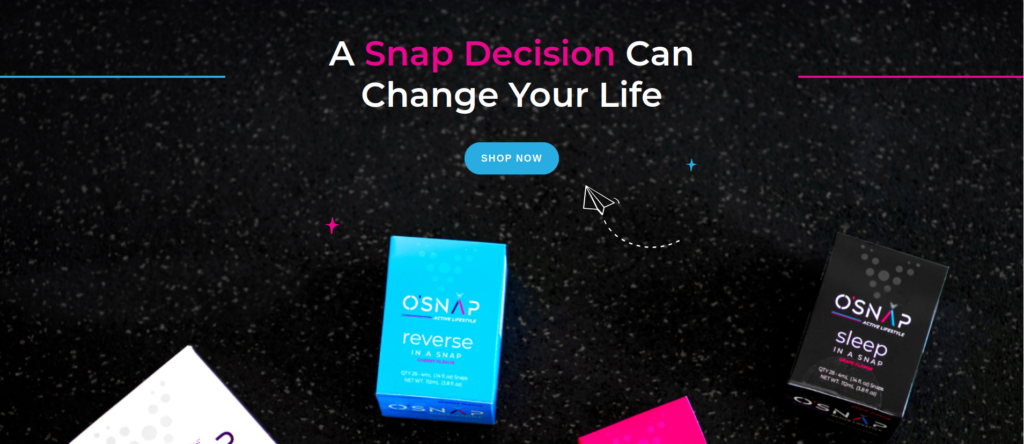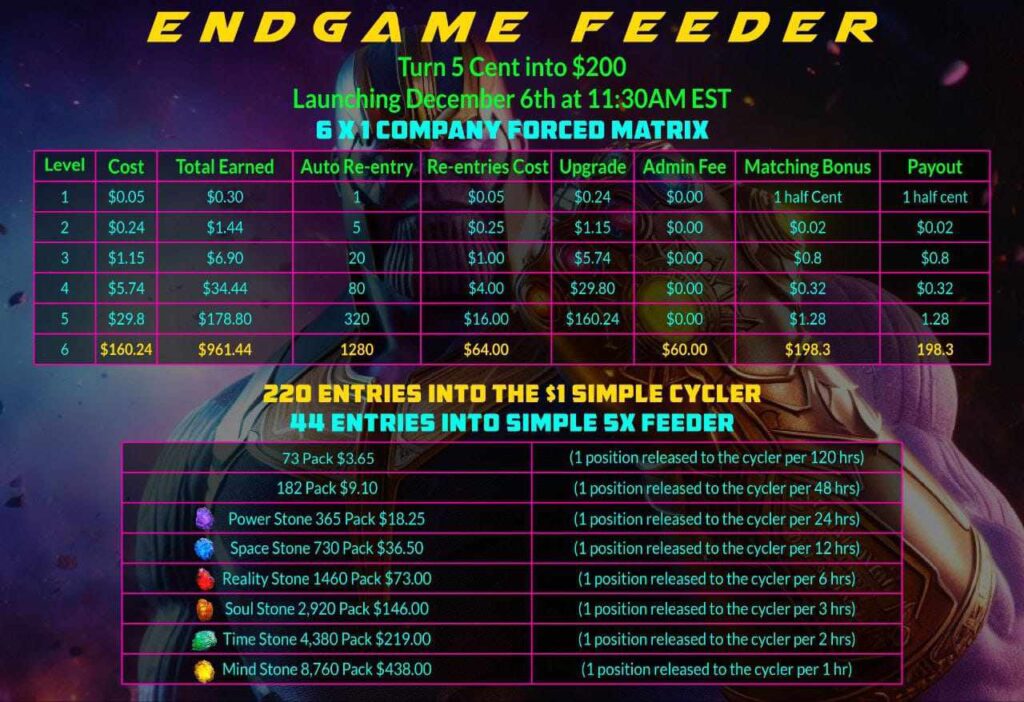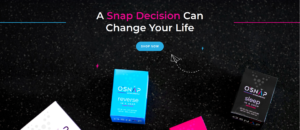Truth in MLM Advertising
Truth in advertising is an essential aspect of any business, and it’s especially critical in multi-level marketing (MLM) companies. MLMs recruit individuals to become independent distributors who then sell the company’s products to their network of friends, family, and acquaintances. These distributors earn a commission on the products they sell and a percentage of the sales made by any individuals they recruit into the company. While MLMs can be a legitimate way for individuals to earn income, there are concerns about deceptive advertising practices some companies use.
The Federal Trade Commission (FTC) is responsible for enforcing truth-in-advertising laws in the United States. The FTC has issued guidelines specific to MLM companies that require them to provide truthful and accurate information about their products and business opportunities. According to the FTC’s guidelines, MLMs must ensure their earnings claims are accurate and not misleading. MLMs are also required to disclose important information about their business, such as startup costs, compensation structure, and the average earnings of distributors.
MLM companies often use testimonials and success stories to promote their products and business opportunities. While testimonials can be a powerful marketing tool, MLMs must ensure that the claims made by these individuals are truthful and accurate. The FTC requires MLMs to have a reasonable basis for any earnings or income claims made by distributors, and they must disclose the typical payments of distributors in the company.
In recent years, several high-profile cases of MLMs engaging in deceptive advertising practices have occurred. For example, in 2016, the FTC settled with Herbalife, one of the largest MLMs in the world, over allegations that the company made false and misleading earnings claims. The settlement required Herbalife to pay $200 million and significantly change its business practices.
The Direct Selling Association (DSA) is a trade organization representing MLM companies’ interests. The DSA has developed a code of ethics that outlines the standards of conduct for its members. The regulation requires members to provide truthful and accurate information about their products and business opportunities and to refrain from making false or misleading claims. The DSA also provides a mechanism for resolving disputes between its members and the public.
In conclusion, truth in advertising is crucial in MLM companies, and MLMS must provide accurate and truthful information about their products and business opportunities. The FTC has issued guidelines specific to MLMs, and the DSA has developed a code of ethics for its members. While MLMs can be a legitimate income source, individuals should always do their due diligence before investing time and money in these companies.
References:
Federal Trade Commission. (2018). Multi-Level Marketing. Retrieved from https://www.ftc.gov/tips-advice/business-center/guidance/multi-level-marketing
Direct Selling Association. (2021). Code of Ethics. Retrieved from https://www.dsa.org/about-dsa/code-of-ethics
Taylor, M. L. (2020). Multi-Level Marketing: The Case for Increased Regulation and Disclosure. Journal of Public Policy & Marketing, 39(2), 225-239. doi: 10.1177/0743915619868379
Arnold, T. (2016, July 15). Herbalife to Pay $200 Million to Settle FTC Charges It Deceived Consumers About Earnings Potential. Retrieved from https://www.ftc.gov/news-events/press-releases/2016/07/herbalife-pay-200-million-settle-ftc-charges-it-deceived











.jpg)






Recent Comments